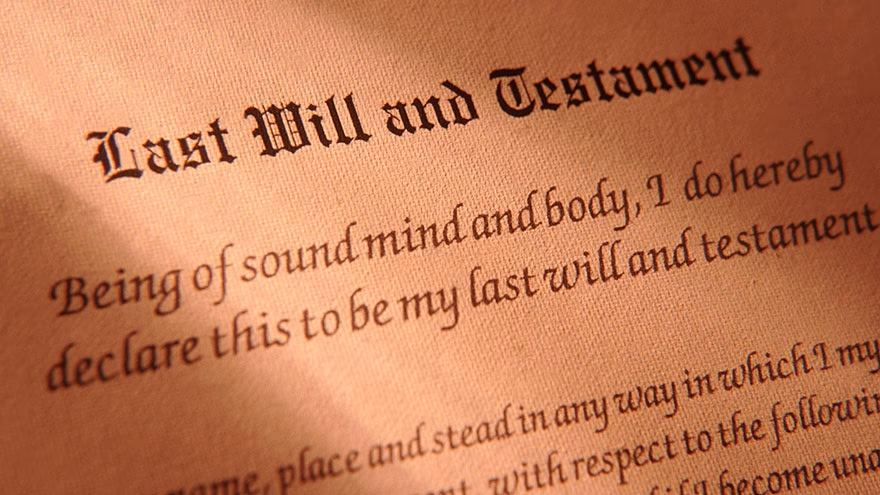As the name implies, an enduring power of attorney is one that remains in effect where others would not.
Considerations
Power of attorney is based on the consent of the person granting the power, called the principal. Therefore a power of attorney is considered to be invalid if the principal is incapacitated, since if she's unconscious owing to of an accident or surgery, or rendered incapable through mental illness, her consent can no longer be assumed.The enduring power of attorney, also called a durable power of attorney, expressly stipulates that the power of attorney should continue in the event of incapacitation.
Function
There are two main purposes for making a power of attorney enduring. The first is to allow for an existing power of attorney to continue in the event of incapacity. This might involve the management of certain assets or business operations that the principal doesn't want interrupted by an accident or illness.The other is to designate a particular agent to make legally binding decisions on health care issues and to generally carry out the principal's intention with regard to life support, treatment and similar matters.

Features
A power of attorney is made enduring by the inclusion of a sentence to the effect that the power of attorney granted in the document is durable or enduring in the event of incapacity. This fact is usually also reflected in the title of the document.Otherwise the document is indistinguishable from other powers of attorney, identifying the parties and establishes the powers of the agent, possibly using a statutory form.
Types
A power of attorney is assumed to take immediate effect unless there is some date or condition expressly stated that trigger the power. Such a document, which springs into effect on condition of the principal's incapacity, is known as a springing power of attorney.Those which are used exclusively for authorizing an agent for medical care are usually springing powers of attorney.
Effects
The durability of a power of attorney only relates to whether or not it is intended to remain valid upon the incapacity of the principal. It does not limit or modify the powers granted by the document.If the intention is to limit the authorization to health care decisions, as is often the case, then the document should be styled as a Health Care Power of Attorney, restricting the agent accordingly and revoking all other powers of attorney with respect to healthcare. But an enduring power of attorney can also authorize a lawyer, trustee or other agent to make other decisions or handle other business in the event of incapacitation.
For these situations, an Enduring Special Power of Attorney is probably appropriate, since it can be narrowly tailored to authorize action in a specific field exclusive of healthcare.
You Might Also Like :: What Is a Grant of Probate?
Save for later
Found this helpful?
Pin this article to your Pinterest board and come back to it whenever you need a reminder.
Save to Pinterest


